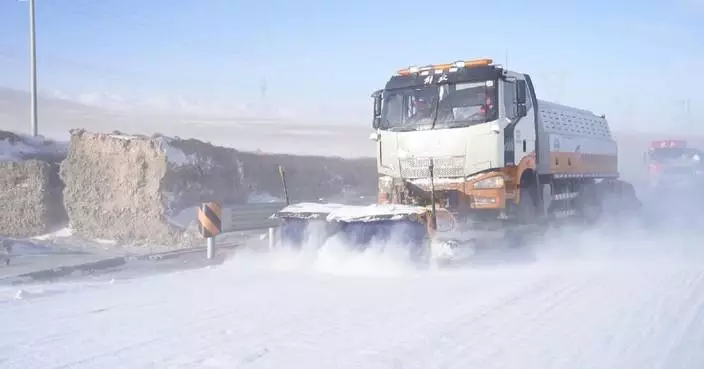As winter approaches and rainfall increases in the war-torn Gaza Strip, the humanitarian situation in the Palestinian enclave is set to deteriorate further, with the United Nations warning that the Israeli restrictions on aid delivery will leave the people of Gaza without adequate assistance for up to two years.
In a social media post on Monday, the U.N. Relief and Works Agency for Palestine Refugees in the Near East (UNRWA) said the recent rains have already caused immense hardship for Gazans, with a half million people at risk of flooding. "The situation will only get worse with every drop of rain, every bomb, every strike," the agency said.
Speaking to the Financial Times on Monday, UNRWA spokeswoman Louise Wateridge explained that the frequent winter rainfall will lead to the accumulation of sewage in low-lying areas, which Palestinians are forced to cope with due to the damage to Gaza's infrastructure caused by Israeli bombardments.
Wateridge added that the cold weather will exacerbate health issues for malnourished populations, but Israel continues to restrict the entry of humanitarian aid into Gaza.
Many Gazans urgently need basic supplies like mattresses, blankets and tarpaulins to survive the winter, but at the current rate of aid delivery, it will take around two years to provide these necessities to every Palestinian in the enclave, Wateridge warned.
Wateridge on Monday also expressed deep concern over the plight of families in Gaza, pointing out the despair felt by many who are left in rags or without shelter.
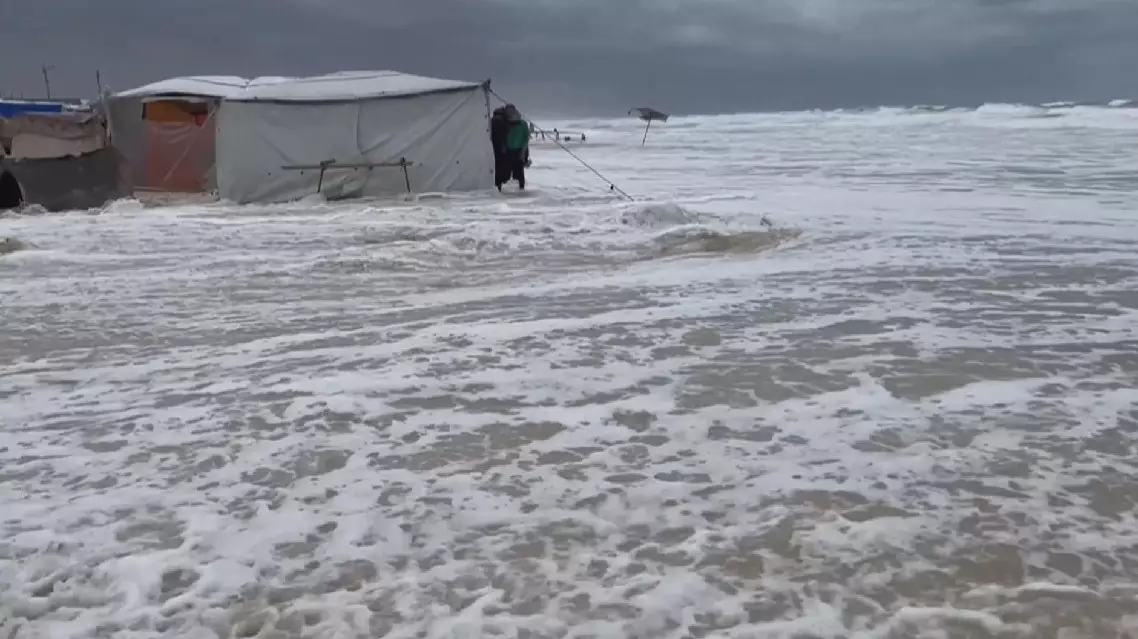
UN warns of two-year aid delay in Gaza due to Israeli blockade amid rising flood risks
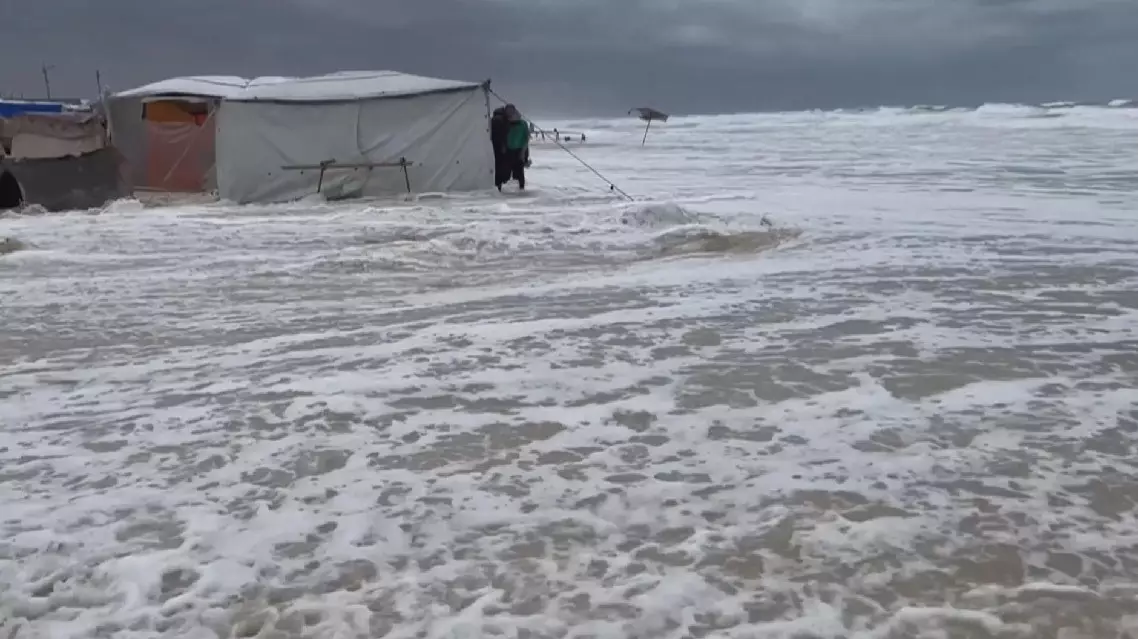
UN warns of two-year aid delay in Gaza due to Israeli blockade amid rising flood risks
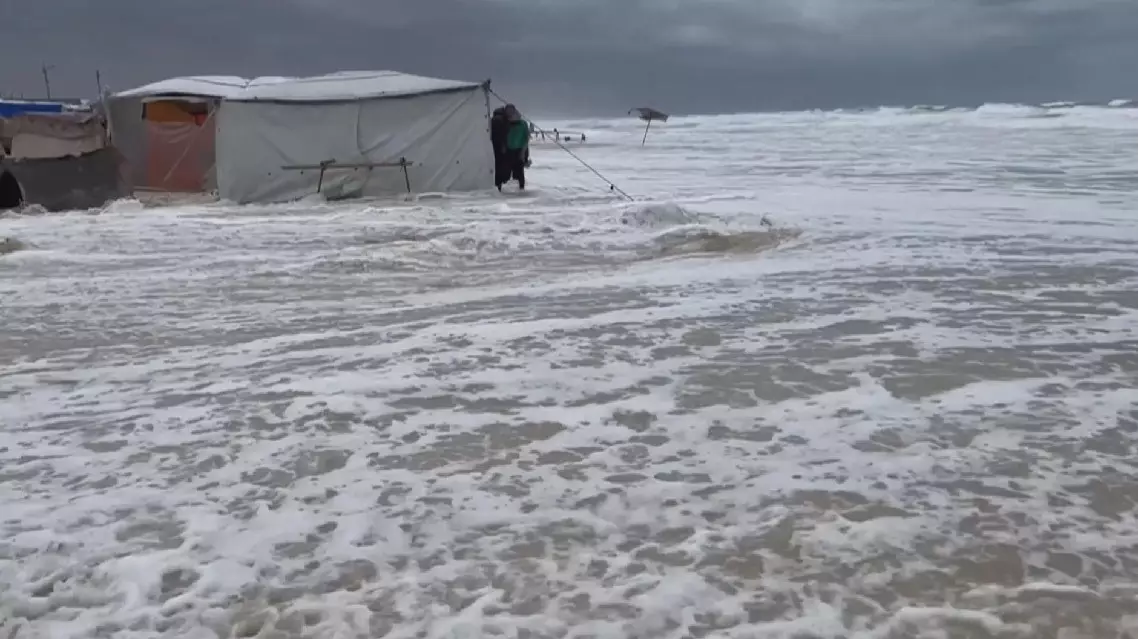
UN warns of two-year aid delay in Gaza due to Israeli blockade amid rising flood risks
Environmental groups in Ghana are sounding the alarm over the capital city Accra's vulnerability to flooding, urging the government to prioritize flood defenses and preventative measures.
Years of inadequate city planning have forced tens of thousands of residents into low-lying areas prone to flooding, a problem now magnified by the increasing frequency and intensity of rainstorms driven by climate change. These groups fear a surge in deadly diseases and other illnesses commonly associated with flood conditions.
Adiza Abdul Mumin, a resident of Adabraka, a flood-prone slum in Accra, has witnessed the devastating impact of flooding firsthand for over 15 years.
"During the rainy season, things get really bad. I barely sleep well at night because the flood fills up my room. Any time that happens, my blood pressure goes up," she said.
Accra, with a population nearing 3 million, faces severe overcrowding, forcing many to live in high-risk flood zones. Environmentalist Malik Mino Ereira of Planet Waves attributes the situation to poor urban planning and a lack of enforcement of existing regulations.
"It is because of poor planning as a result of city authorities not enforcing the laws. The second one has to do with urbanization, because people come, and they need a place to stay. So, they will clear the vegetation and get a place to stay," said Ereira.
Many homes in Accra are situated in low-lying areas, increasing their susceptibility to flooding. Ereira points to clogged drains filled with silt and plastic as a prime example of the city's inadequate infrastructure, hindering proper water flow and exacerbating flooding.
"When we build, we will create spaces where water will pass so that the flooding will not occur. And secondly, we should address the sanitation situation, so that people will not use the gutters as a conduit to dump their waste. And then those who are rich, please, if you are building create spaces for the greenery, revive the green culture so that the trees will absorb the water. Anytime you need," said Ereira.
While local authorities have undertaken temporary measures such as dredging drains and demolishing structures along waterways, these solutions are insufficient. Environmentalists argue that a complete overhaul of the city's housing is necessary, particularly with rising sea levels posing an increasing threat to coastal communities like Accra.
As authorities struggle to make Accra more flood-resilient, residents like Adiza face a difficult choice: abandon their homes or brace for increasingly challenging conditions.
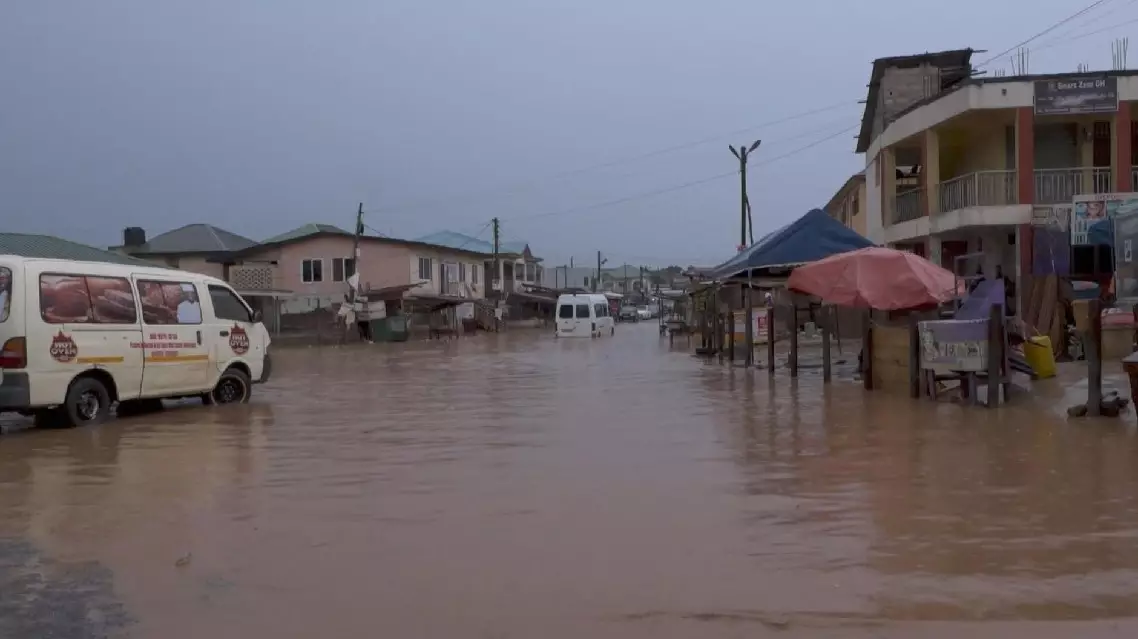
Accra's poor city planning exacerbates flooding, threatening residents' health











